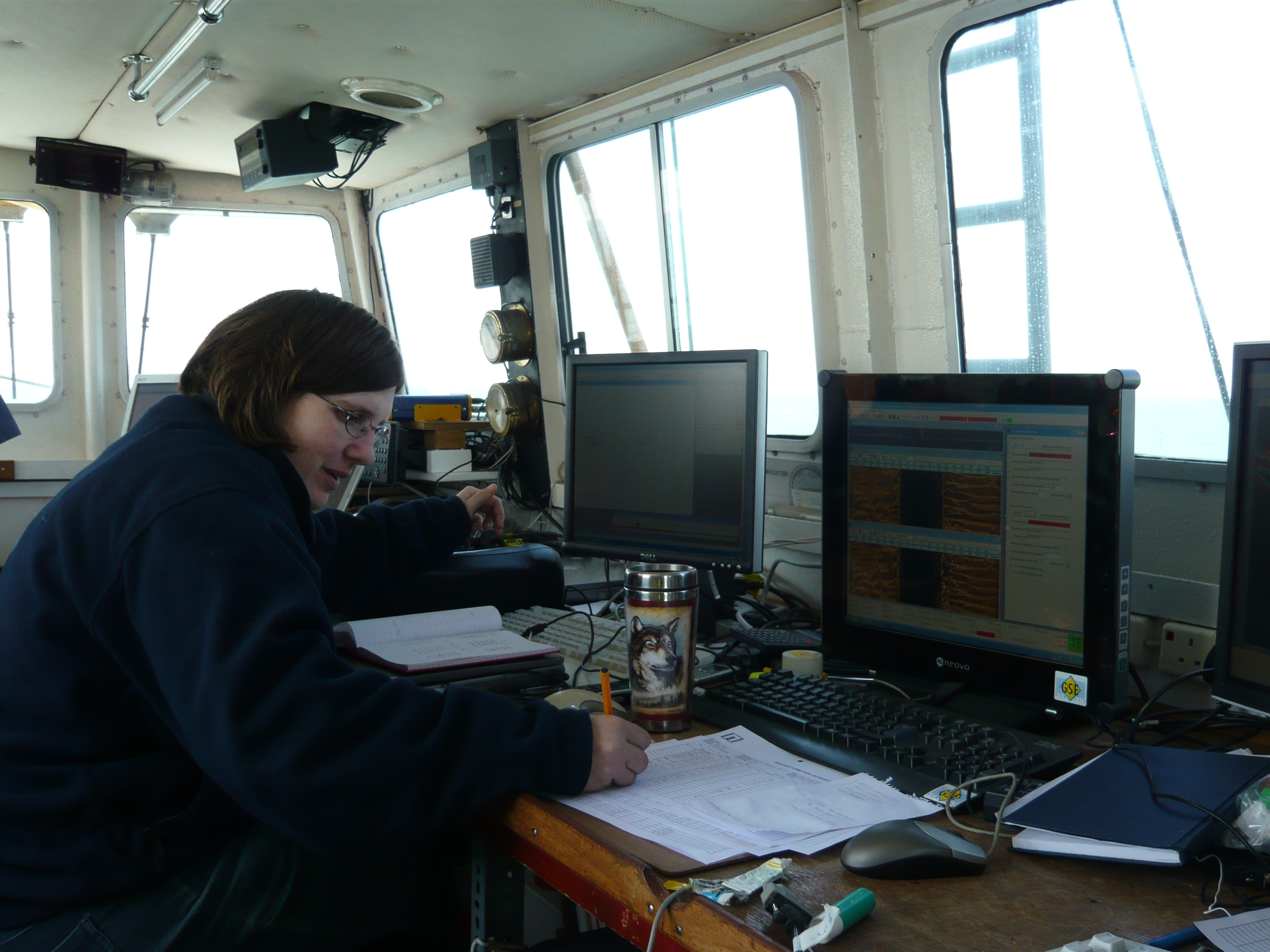All Categories
Featured
Table of Contents
What Is Geophysics? in Hilton Oz 2022
This work is increasingly contracted out, so consultancies provide another source of work. Consultancy firms vary in size, from really small companies to large multinationals. Some consultancies are quite specialised in using particular geophysical methods or operating in particular areas, while others offer a more varied series of services to their consumers.
The extraction of gas from land fill sites is another area of work and this may grow in the future. Expedition business may undertake work for construction firms, water business, mining companies and ecological agencies, so geophysicists may be utilized in any of these settings. Other companies include: geological surveysgovernment bodies and agenciesuniversities and research study institutes.


Vacancies might be listed in the oil and gas sector press. Recruitment is affected by oil rate fluctuations and the level of competition for positions differs depending upon this. Professions Days, which cover the complete variety of geoscience careers and are typically gone to by a number of key market companies, are run by The Geological Society.
Geophysics Definition & Meaning in Glen Forrest Australia 2022
Some of the large oil and gas companies provide a complete two-year structured training programme throughout the breadth of geophysics, consisting of the chance to experience work in various groups prior to specialising in one location. Your training might include deal with: existing wellsmagnetic and gravitational prospective field information analysisresearchrock analysis. It's more normal for your initial training to be provided on the job.

There may be a probationary period during which you work together with a knowledgeable coworker. Competency-based appraisals occur regularly in most firms. In smaller companies, and for scholastic posts, there is not likely to be any official training - you'll be expected to start work straightaway and get abilities as you go along.
If you work for a smaller sized business, you might find that you require to take obligation for arranging and funding your own development and training. If you have a geology degree, subscription of The Geological Society can be useful for networking and for keeping up to date with the industry.
Airborne Geophysical Methods in Carmel Western Australia 2022
You may likewise find it useful to sign up with the PESGB (The Petroleum Expedition Society of Great Britain, which has a geophysics special interest group. After a probationary duration, and as soon as you have actually gained some experience, you could advance to senior geophysicist, then team leader and then into a senior role in management.
The ease of movement between functions depends upon the company structure. Study at Masters or Ph, D level in a subject related to geophysics or geosciences might aid with your career development and progression. The employment market within the oil and gas industry is really dependent on price and this may impact your chances for profession development.
For skilled geophysicists, freelance consultancy offers a good path for career development. As a geophysicist, you're likely to have numerous jobs throughout your working life.
Importance Of Geophysical Surveys — Methods And Uses in Thornlie Western Australia 2020
From geophysics, it's possible to concentrate on seismology (completing additional training to become a seismic interpreter) or to move into associated locations such as engineering geology or hazard prediction.
Deciding what to study in college is a difficult option. Even if you understand that your field of interest depends on science, what program of research study is right for you? If you make the decision to significant in physical and life sciences and pursue a career as a geophysicist, you're preparing for an interesting and successful profession.
The very first action to achieving your goal of ending up being a geophysicist is earning a degree. Even for entry-level positions in the field of geoscience, you'll require a bachelor's degree (a geophysicist college degree) from a recognized college or university. Some research positions need prospects to hold master's degrees or even Ph.
Greeley-evans Area 3d Geophysical Survey in South Perth Oz 2022
Doctoral degrees are especially essential if you prepare to teach at a four-year organization. Geophysicists use physics ideas and techniques to study the gravitational, magnetic, and electrical fields of the earth. This enhances researchers' understanding of both the world's interior core and its surface area. Geophysicists need to have the ability to: analyze rocks, pictures, and other pieces of data perform research both in the field and in laboratories develop maps and charts of their findings write reports To achieve all this, students need a specialized education for geophysicist professions.
As stated above, you'll need a bachelor's degree in geoscience or an associated discipline, such as a physical science or a life sciences, to land an entry-level task. But trainees can likewise prepare by majoring in topics like: Biology Chemistry Computer science Engineering Mathematics Physics The above geophysicist majors provide a more generalized method to a single clinical discipline, but the majority of programs need students to take one or more geology course.
Latest Posts
Bachelor's Degree In Geophysics - Degrees & Programs in Woodbridge Oz 2023
Geophysical Methods in Leederville Aus 2022
Job Profiles : Geophysicist Physics in Northbridge WA 2020